A History of English Romanticism in the Nineteenth Century
Book Excerpt
Scott's preparation for the work which he had to do was more than adequate. His reading along chosen lines was probably more extensive and minute than any man's of his generation. The introductions and notes to his poems and novels are even overburdened with learning. But this, though important, was but the lesser part of his advantage. "The old-maidenly genius of antiquarianism" could produce a Strutt[11] or even perhaps a Warton; but it needed the touch of the creative imagination to turn the dead material of knowledge into works of art that have delighted millions of readers for a hundred years in all civilised lands and tongues.
The key to Scott's romanticism is his intense local feeling.[12] That attachment to place which, in most men, is a sort of animal instinct, was with him a passion. To set the imagination at work some emotional stimulus is required. The angry pride of Byron, Shelley's revolt a
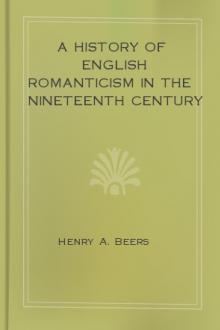
 Free Download
Free Download






















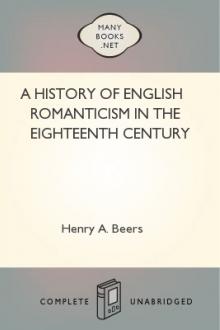
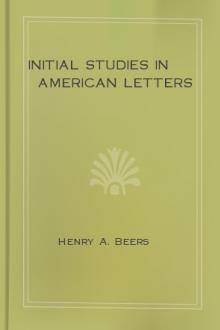
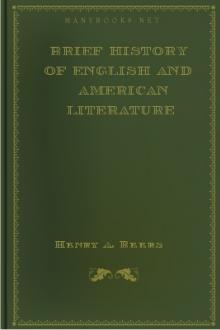
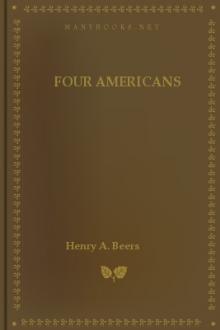
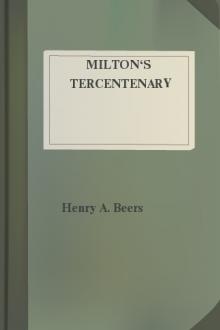



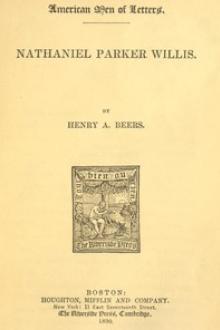
-itok=vcKIB5v1.jpg)
